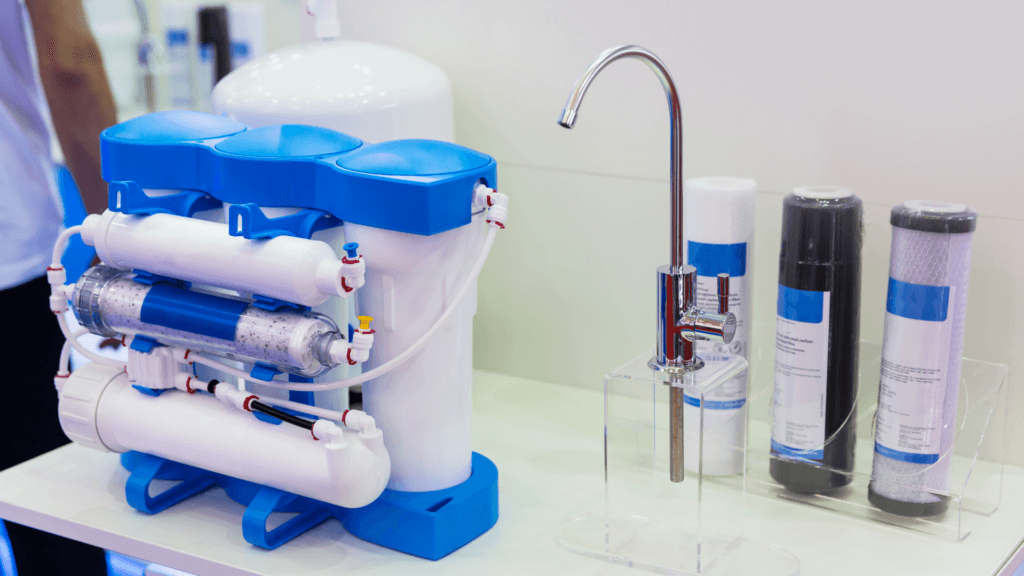Water filtration is the process of removing impurities from water to make it safe for drinking and other purposes. There are many different technologies of water filtration that can be used to achieve this goal. In this article, we will explore some of the most popular and effective technologies of water filtration.
Reverse Osmosis (RO)
Reverse Osmosis (RO) is a popular water filtration technology that uses a semi-permeable membrane to remove impurities from water. The membrane has pores that are small enough to filter out particles and impurities, but large enough to allow water molecules to pass through. RO systems are effective at removing a wide range of impurities, including dissolved salts, minerals, and heavy metals. However, they can be expensive to install and maintain.
Activated Carbon Filtration
Activated Carbon Filtration is a popular and cost-effective water filtration technology that uses activated carbon to remove impurities from water. The activated carbon has a large surface area that can adsorb impurities, including chlorine, pesticides, and volatile organic compounds (VOCs). Activated carbon filters are easy to install and maintain and are often used in conjunction with other filtration technologies.
Ultraviolet (UV) Disinfection
Ultraviolet (UV) disinfection is a water filtration technology that uses UV light to kill microorganisms in water. The UV light disrupts the DNA of microorganisms, preventing them from reproducing and causing disease. UV disinfection is effective at removing bacteria, viruses, and other pathogens from water, but it does not remove other impurities such as minerals and dissolved solids.
Distillation
Distillation is a water filtration technology that involves heating water to create steam, which is then condensed back into water. The impurities are left behind in the original container, and the condensed water is collected as clean water. Distillation is effective at removing impurities, including minerals and dissolved solids, but it can be expensive and time-consuming.
Ceramic Filtration
Ceramic filtration is a water filtration technology that uses a ceramic filter to remove impurities from water. The filter is made from porous ceramic material that traps impurities as water passes through. Ceramic filters are easy to install and maintain and are effective at removing bacteria, parasites, and other impurities.
Conclusion
In conclusion, there are many different technologies of water filtration that can be used to remove impurities from water. Reverse osmosis, activated carbon filtration, ultraviolet disinfection, distillation, and ceramic filtration are among the most popular and effective technologies. Each technology has its advantages and disadvantages, and the choice of technology will depend on factors such as the type and level of impurities present in the water, the cost of installation and maintenance, and the specific needs of the user. By understanding the different technologies of water filtration, individuals and businesses can make informed decisions about the best way to ensure access to safe and clean drinking water.

